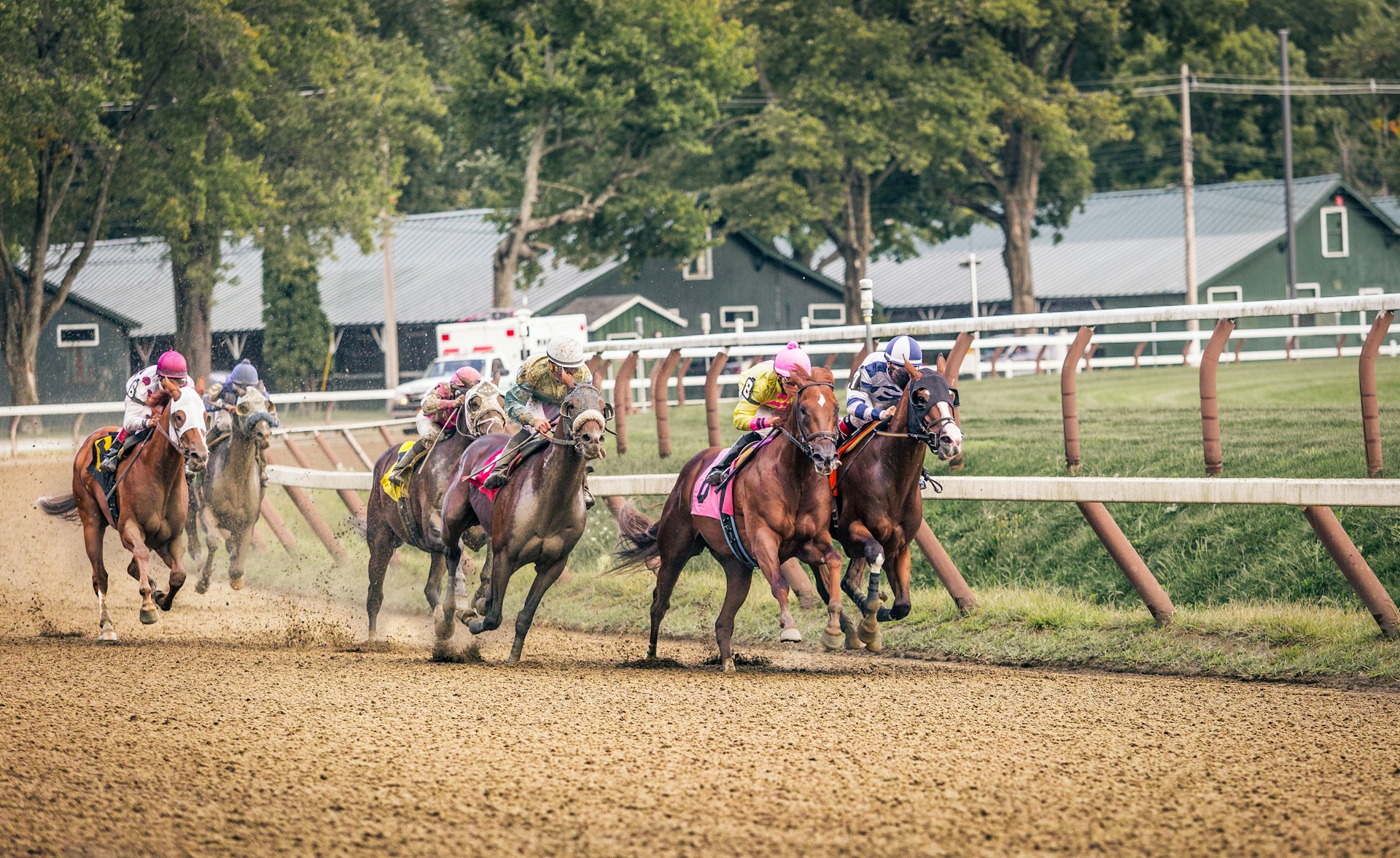The world of thoroughbred racing evokes images of thunderous hooves, adrenaline-pumping finishes, and champagne celebrations. But, underneath the glamor, you are left with many complexities related to the finances of a racehorse owner.
If you think the logistics involved in horse race betting are simple and the owners are given a direct cut from the placed bet, you likely need to be aware of many factors. Racehorse owners often make money and profits through multiple unsung sources that people need to discuss.
To give you a better idea about the subject and how you can maximize your profits as a racehorse owner, we have sorted out all the relevant information you need to know.
Table of Contents
What are the Revenue Streams for Racehorse Owners to Make a Profit?
Working as a racehorse owner means finding versatile ways to generate profits. Before you need clarification about the process, thinking that betting and breeding horses for these professional races is the only income source, let us give you a better idea about the situation.
The Following explains the multi-pronged approach to revenue generation:
1. Prize Money
When working with a racehorse, prize money is the first and most prominent revenue stream. The race victories aren’t as simple, though. So, it’s not likely a realistic approach if you are basing everything on winning the prize money.
Additionally, purses vary depending on the race grade, track, and location, and you can’t deny that the competition is fierce. So, you’d have to plan things based on that.
2. Breeding
The following revenue source is through breeding. Successful racehorses can command high stud fees, with offspring inheriting their sire or dam’s racing prowess. However, tapping into this income stream isn’t as simple as you think. Also, it requires a lot of patience on your part.
Even after the birth of the offspring, it will be quite a few years until they are ready to be trained to become of racing age and compete in professional race courses.
3. Sales
Selling horses, whether yearlings, unraced two-year-olds, or proven racehorses, offers another potential path to profit. This is one of the most effective modes of earning through racehorses. The thoroughbred sales have a global audience, but you can’t deny that the prices have reached exponential heights.
The market is volatile, and there is a high demand for racehorses with refined pedigrees and good performance records. So, if you can’t provide that to the audience, chances are it won’t translate to potential sales in the future.
4. Syndication
Sharing ownership through syndicates allows individuals to invest in a racehorse at a fraction of the cost. This is the most unified yet comprehensive form of income for racehorse owners, without having to work through many loopholes.
Profiting is simple – the owners share a part of the prize money, breeding rights, and the eventual sale proceeds to the syndicate participants. This makes putting a bet or stake in the race more accessible for interested patrons.

What Are the Key Strategies to Optimize Profits as a Racehorse Owner?
Now that you have a better idea about the different ways you can earn profits as a racehorse owner, the next thing that you need to focus on is finding the key strategies to optimize the profits in the process.
Following are a few strategies that can increase the odds of success:
Working with realistic expectations – Earning profits as a racehorse owner can be dynamic. While some days might bring in good profits, some days might be on the low end. Your work is to keep realistic expectations from the process and accept that losses are part of the game, too.
Diversifying revenue streams – As with every other aspect of our lives, even racehorse owners must diversify their income sources instead of solely relying on one. This means combining different income avenues like breeding, racing, sales, etc., helps mitigate the risks better.
Careful budgeting – Cost management as a racehorse owner is also vital, especially if you want to churn tangible profits. You need to track your ongoing expenses, negotiate the fees, ensure that you have transparent contracts in place for syndication, etc., to make your part of the profit after each race.
Having a solid team – Being a racehorse owner is never a single-person process. If you want to bring in good profits, you have to work alongside competent professionals. This includes working with experienced trainers, jockeys, veterinarians, and other specialists who can work to optimize the performance and maximize the potential returns involved.
All in all, your chances of bringing in tangible profits as a racehorse owner depend on following the strategies mentioned here.
Conclusion
Racehorse ownership offers a blend of excitement, challenge, and potential financial rewards. However, if you are looking for ways to optimize your profits from the bets and the sales, you need to take charge of the individual elements that guarantee steady income and profit generation.



Review How Racehorse Owners Make a Profit.